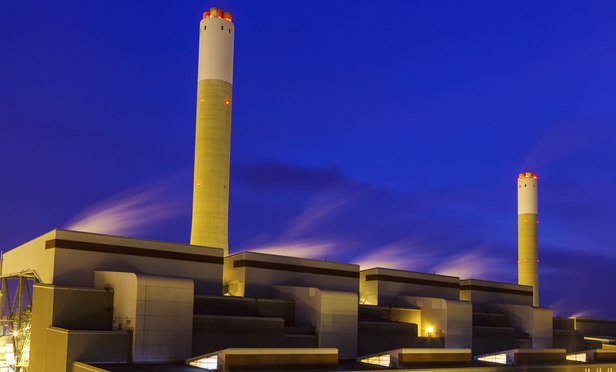The burning of fossil fuels produces CO2 and other so-called greenhouse gases (GHGs) that scientists have linked to global warming and other changes in the Earth’s climate. In just the last year, so-called carbon extractors and heavy users of fossil fuels have come under heightened scrutiny. Insurance companies should pay close attention to developments related to climate change and make certain that they remain proactive in the way in which they address risk to their respective organizations.
Specifically, insurers should be concerned with any aspect of climate change that could adversely impact insurer assets, including claims, investment losses or regulatory fines.
Is Climate Change the New Asbestos?
This content has been archived. It is available through our partners, LexisNexis® and Bloomberg Law.
To view this content, please continue to their sites.
Not a Lexis Subscriber?
Subscribe Now
Not a Bloomberg Law Subscriber?
Subscribe Now
LexisNexis® and Bloomberg Law are third party online distributors of the broad collection of current and archived versions of ALM's legal news publications. LexisNexis® and Bloomberg Law customers are able to access and use ALM's content, including content from the National Law Journal, The American Lawyer, Legaltech News, The New York Law Journal, and Corporate Counsel, as well as other sources of legal information.
For questions call 1-877-256-2472 or contact us at [email protected]



